Your true penitence is worth more than a true, constant faith.
It is for several reasons misleading to begin with a page of acknowledgments. First, the fact that there are so many conversations, so many fundamental acts of sharing, so many generous people and unforeseen spurs, without any of which this work would simply not have come about. In their broad shade, the project of writing out my acknowledgments seems impossible from the start. Second, the fact that the best and truest acknowledgment of all these acts and influences is the work itself. There is no metadiscourse capable of representing these relations more fully or more precisely than the work already expresses. Perhaps one should begin always as Marcus Aurelius did, with a full chapter of philosophical thanksgiving in which family and fortune, friends and enemies are all assimilated: those from whom I have learned, from whose lessons this work attempts to teach me again, anew, something worth writing down. Having neither his courtesy nor his serenity of temper, I will thank just a few of those whose spirit and time have helped this book come to fruition.
My colleagues at Yale have given substance to the idea of an intellectual community. Katie Lofton, above all, the righteous conjurer of worlds. Her quickening gaze and fundamental belief in the practice of thinking made it possible for me to work beyond the limits of my own experience in all those fragile moments of conception and construction, when the biggest bets of the project were all still in play. Elli Stern has been a relentless comrade, and his appetite for ideas has constantly provoked and inspired me to reach for the biggest and clearest version of what I was trying to say. I am thankful for his keen criticism, unflagging support, and true friendship. Martin Hgglunds incomparable attention, reaching for big stakes and leaning on local phrases with equal gusto, made this book much stronger than it was before he read it. Our reading group on Kierkegaard was an impetus in my early work on this project. I am deeply grateful to Jennifer Herdt, who read the first draft of this work in a generous and thoughtful spirit and offered many useful suggestions for improvement. Paul Franks generously offered his time and readership and helped me see the stakes of a Christian genealogy in a critical new light. Kathy Tanner helped me on several occasions to see both the strengths and the weaknesses of this work in a way I had not previously imagined. Her exceptionally helpful comments on the relation between Pietism and philosophy came at a key juncture. Hindy Najmans attentive reading of an early draft of my introduction allowed me to see a context for this work that I would not previously have imagined. Nancy Levene, in the example of her work and the powerful presence of her thinking, kept challenging me to go all the way to the bottom of things. In the refracted light of our conversations, many ideas at the basis of this work began at last to become clearer to me.
I would also like to thank the colleagues and friends at Brown University who invited me to their colloquium on religion and helped me think through a draft of the first chapter of this work. Alexis Glenn gave a wonderfully sharp response, and I appreciate enormously the feedback and suggestions given by so many there, especially Mark Cladis, Tal Lewis, and Steven Bush. Similarly, a colloquium held at Yale through the Yale Seminar in Religious Studies on the manuscript during the spring of 2015 offered a tremendous breadth of insights into the readership of this work. Peter Gordons munificent and epically thoughtful commentsat the colloquium and beyondwere of crucial help in formulating the scope of my argument and the stakes of some of its key terms. He raised difficult questions that made the book much better (though I am sure not to have answered them all). Taylor Carman helped me anticipate important criticisms of this work and, in the spirit of existentialism itself, encouraged me to finish the book in the way it wanted to be finished. George Pattison offered typically sharp and helpful comments on many key points in core chapters of the book and has been a supportive presence throughout its development.
Jen McWeeny asked me superb and difficult questions about the Sartre chapter that I am still not sure I have resolved. Christian Sommer offered several insightful suggestions about the Heidegger material in particular. During the final stage of the writing process, Jessica Helfand put an actual roof over my head, and I feel profoundly lucky to call her my friend. Marissa Gemma and Lauren Boehm read several chapters of this book in their roughest, most deranged formit is only because of their sharp eyes, searching imaginations, and true, true love that this work made it into a state where it might be read by anyone else, ever.
There are several people whose readership has been essential to me over the longue durenot only of this book itself but of the thinking and the writing that led me to it. Joanna Radin showed me the meaning of intellectual kinship before I knew that without that lesson all would have been lost. She is my partner in imperfect crime. Walking and talking with Emanuele Coccia is an art in itself. Our conversations made it possible for me to experiment with this book as an act of writing, for which my gratitude is as inexhaustible as the supply of exclamation marks in his computer. David Kangas opened up so many intellectual possibilities for mewith respect to Kierkegaard in particular, but through Kierkegaard, with respect to the whole. His example casts its shadow throughout this work. David Marnoexpert on thanksgiving, and whom I cannot thank enough. We started out together, and while I was worrying about the religious dimensions of phenomenology, he was rethinking devotion in phenomenological terms. In the course of our dialogues, many ideas within this work came into being.

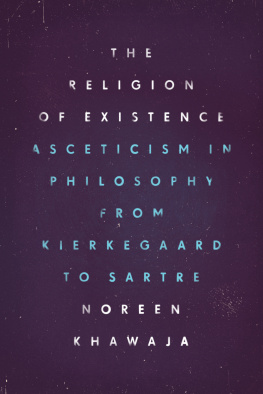

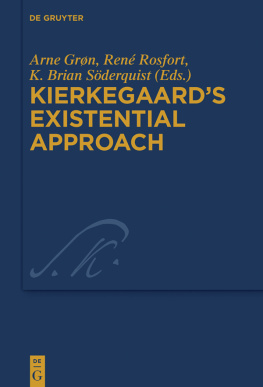
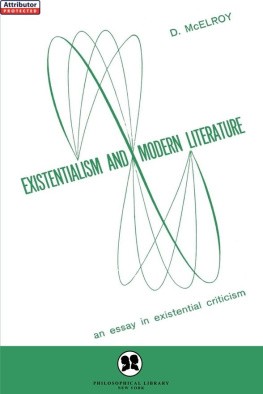
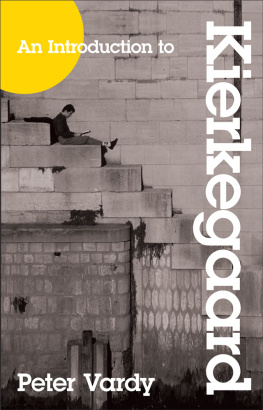
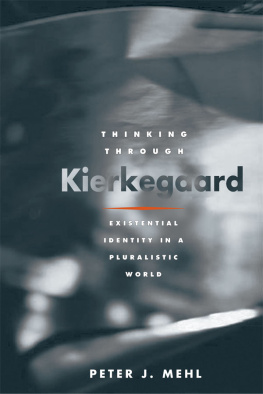
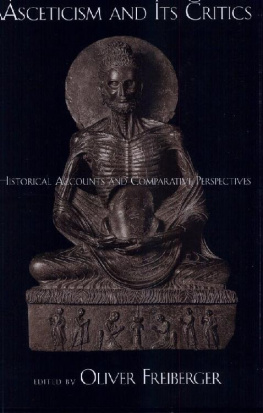
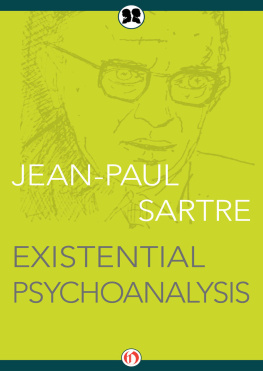
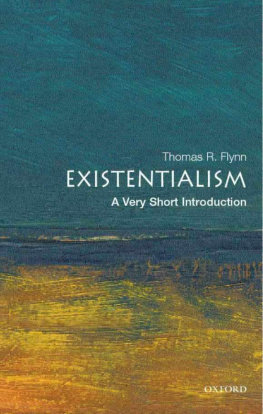
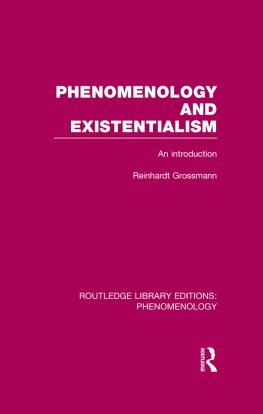
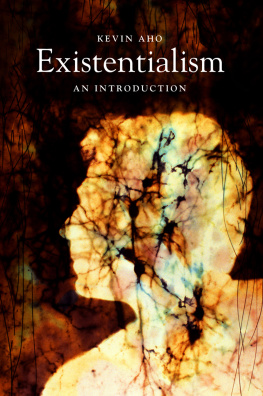
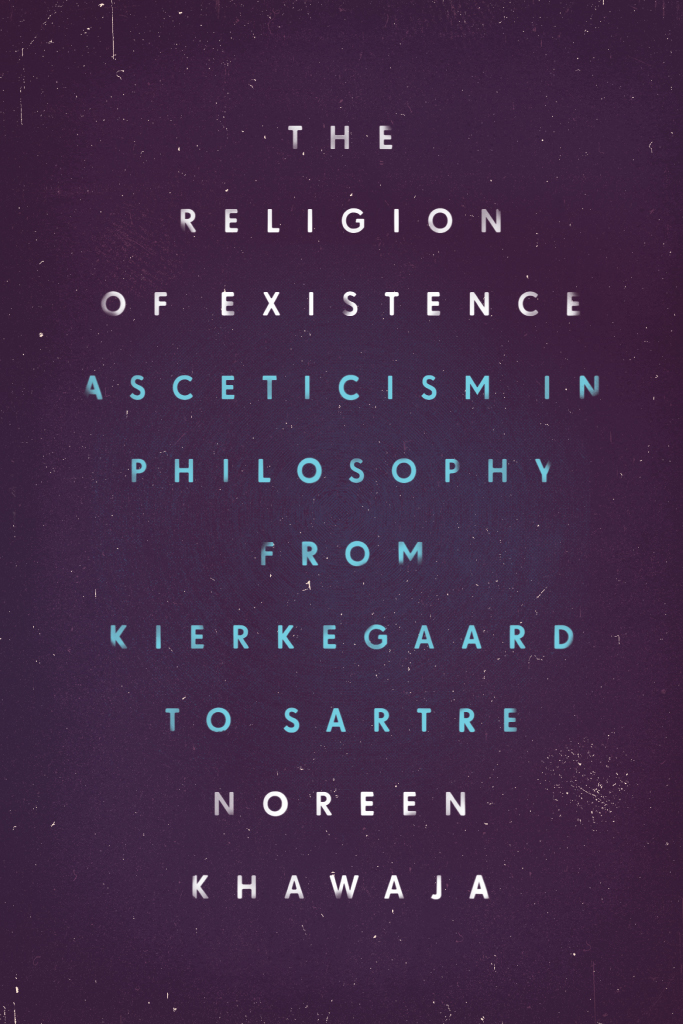
 This paper meets the requirements of ANSI/NISO Z39.48-1992 (Permanence of Paper).
This paper meets the requirements of ANSI/NISO Z39.48-1992 (Permanence of Paper).